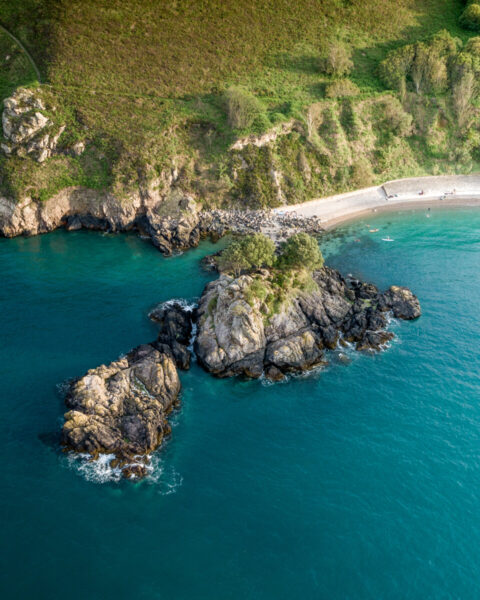Breeding season, 38 days and the moons panopticon, dreams move from room
To room, birth to flight.
Does the white tailed eagles
Final dream before releasing
Offspring Catch fire
In the fire crowded sky. Eyes
Like lighthouses. Who will
Hear the light, signature for hunting rites as eyes are
Reflected in lightning and
The sea. Missing moons.
Tidal ministry. Positions of
Mothers offsprings first kill,
Distil a panopticon. Flights
Fixed in time. Bird climbing
Winds towards nature’s
Exclusive rooms. Is mother
Of time fed with dreams as
She whispers words of migration
Time erodes memories seams,
Waves against cliffs. Tide moves
Out, prayerless hands. Unmapped
Migration. Lightning is like
A lost feather from mother
Of times cosmic wing.
An imperious bird ghosts
It’s prey. Imperceptible pendulum
Of Scottish rock, clear quartz, wings shadow
Falls across a loch, is the waters
Heart reflected in the eyes of
The bird and does it pass through
Dreams with wings
In silhouette. Eagle, imperial,
Emerges from the light
Of nature’s eyes. Broad wings,
Hooked bill, wedge shaped tail
I struggle to read, write but sign
My name on lightning with
A dream after following the condors
Flight. Winds incarnate my horse
As he sleeps near the fire, we
Passed flaming Indian reservations
Whose fire didn’t reach and trespass
On newly laid train tracks. Blacksmiths
Hammering myths on times anvil.
The red sky reflects wound from
Civil war, photographs
Cannot capture sound of moon
Resting on devils tongue, where
Are they hung, pictures of those
Young and dead, allure of monotony,
Diet of beef, cattle trail run
Across states, five dreams within
A dream, empty barrels of a gun,
Bullets call from the vast spaces
Of the plains. Night winds
And those in dreams never meet,
Unmarked graves from
The war will never be found
By kin. When will my hands
Rise from the river of time
With mirror and final drop of blood,
Last rains fall of definitive west
Onto wings of sleeping bird
Who will wake for first kill, who
Will rise from mirror of
History with quill dipped in Indian blood,
Sound of blood breaking glass.
Horse takes drink from midnight
Stream, deaths bullet disguised
As a dream, ghosts of dreams pass, will condor
Hover as I am laid in earth,
Last rain to fall on eyes of cowboy.
Did believers rehearse scenes from a future dream, tears timed ready to stream
With light from the equinox. Did the deceased dream about clouds of
Bone, with the hands of the wind and those of spirits
Cradling the moon
as the dead were
Buried in La Hougue Bie, last fingerprints
Of flesh, sky like a coffin. Works of
Pottery perfected with the moon’s
Synchronicity, manifestation of
Form, seat for the soul, winds
Pray with la Hougue Bie between
Their palms to instruct lightning
To strike without sound, between
Fingertips, the span of
A life, solstice and equinox.
Seance with thunder for
Those who heard lightning
In their last dream.
